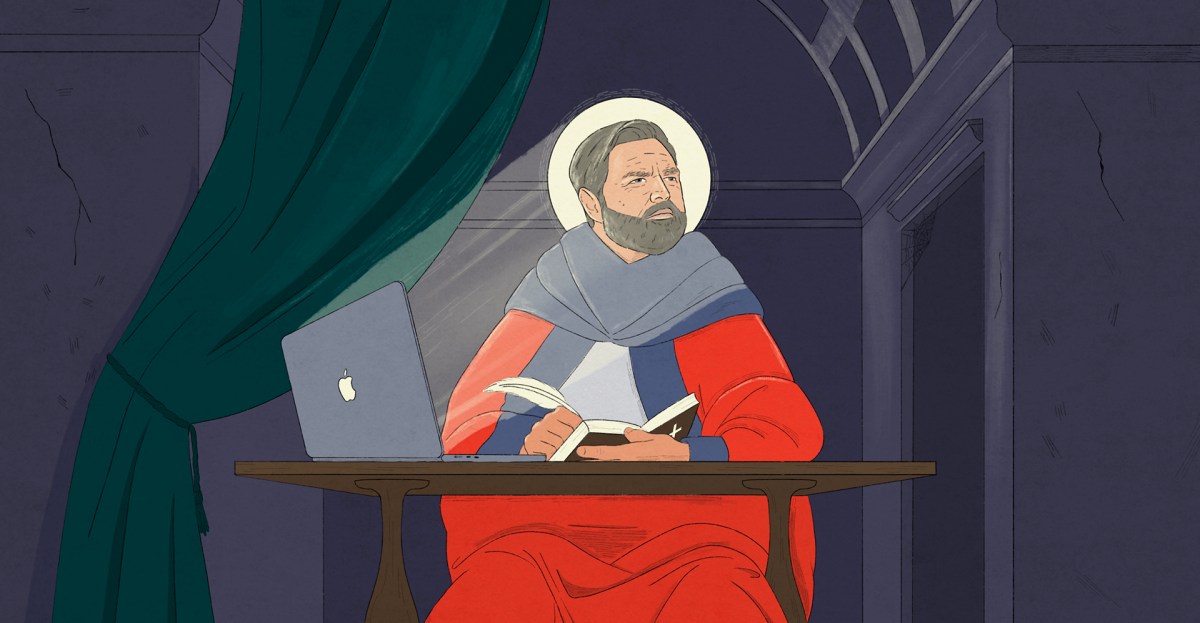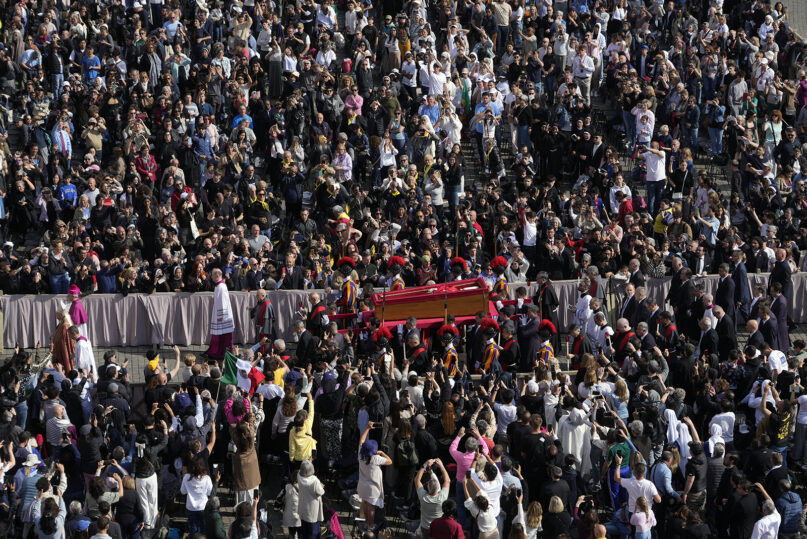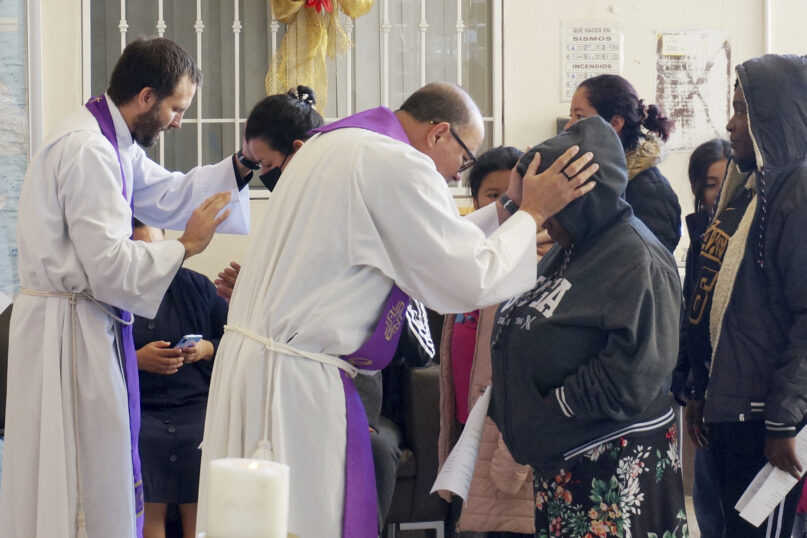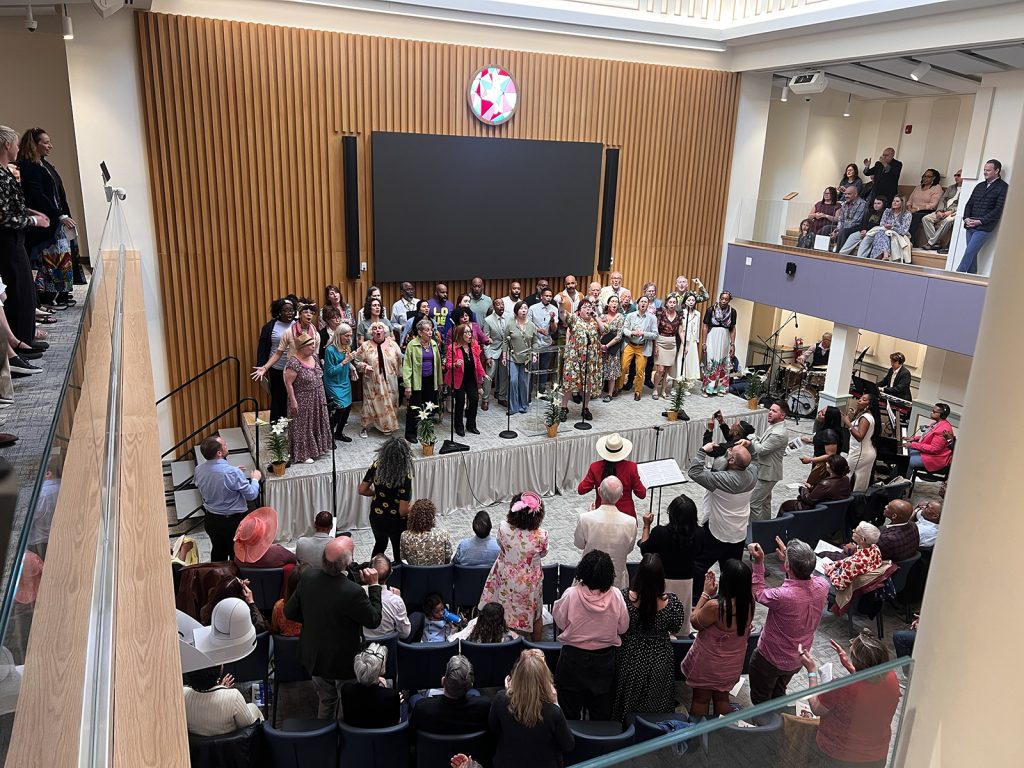Now Reading: The hidden religious divide erupting into politics
-
01
The hidden religious divide erupting into politics
The hidden religious divide erupting into politics

This article was initially featured in The HighlightVox’s exclusive magazine for members. To gain early access to unique stories every month, consider joining the Vox Membership program today.
Just days after assuming the role of vice president, JD Vance, only the second Catholic to hold the position, publicly clashed with the leadership of the Roman Catholic Church in America. Without evidence, the vice president accused the US Conference of Catholic Bishops of relocating “illegal immigrants” to access federal funds. While largely seen as fodder for internet debates, the dispute highlighted a broader trend that could reshape the religious landscape in the US and alter how Americans perceive their beliefs and sense of belonging.
Vance represents a specific subset of Catholicism, comprising young white men who have increasingly gravitated towards conservative politics and traditional religions such as Catholicism and Eastern Orthodoxy over the past decade, often through online platforms. Recent studies indicate a rise in conversions to Eastern Orthodoxy and Catholicism, particularly among individuals under 40 and single, with a majority being men. These new converts are entering religious communities that historically had few American-born members and were linked to specific immigrant ethnic groups like the Irish and Greeks. These communities have traditionally been politically moderate and resistant to typical political categorizations, with members holding diverse views on issues like abortion and marriage equality.
In contrast to white evangelical Protestants and secular atheists/agnostics, whose beliefs align closely with their political affiliations, Catholic and Orthodox communities in America historically prioritize community belonging over ideological correctness. The influx of new converts, driven by a search for community and answers amid societal challenges, has led to a shift in the political dynamics within these religious groups, contributing to increased polarization.
The emergence of ideological converts, predominantly young men disillusioned with modernity and embracing traditionalist views, has influenced the religious and political landscapes in America. These converts often seek a return to perceived traditional values, combining conservative stances on gender, sexuality, and immigration with a desire for a homestead lifestyle. They challenge mainstream authority within Catholicism and Orthodoxy, attempting to reshape these institutions in alignment with their idealized ideological beliefs.
The conflicts between traditional adherents and new converts are not only reshaping these religious traditions but are also intensifying political divisions in American society. The challenges to institutional authority within these faiths reflect a broader trend of challenging established hierarchies and norms, with implications for the future of political and religious institutions in the country.






